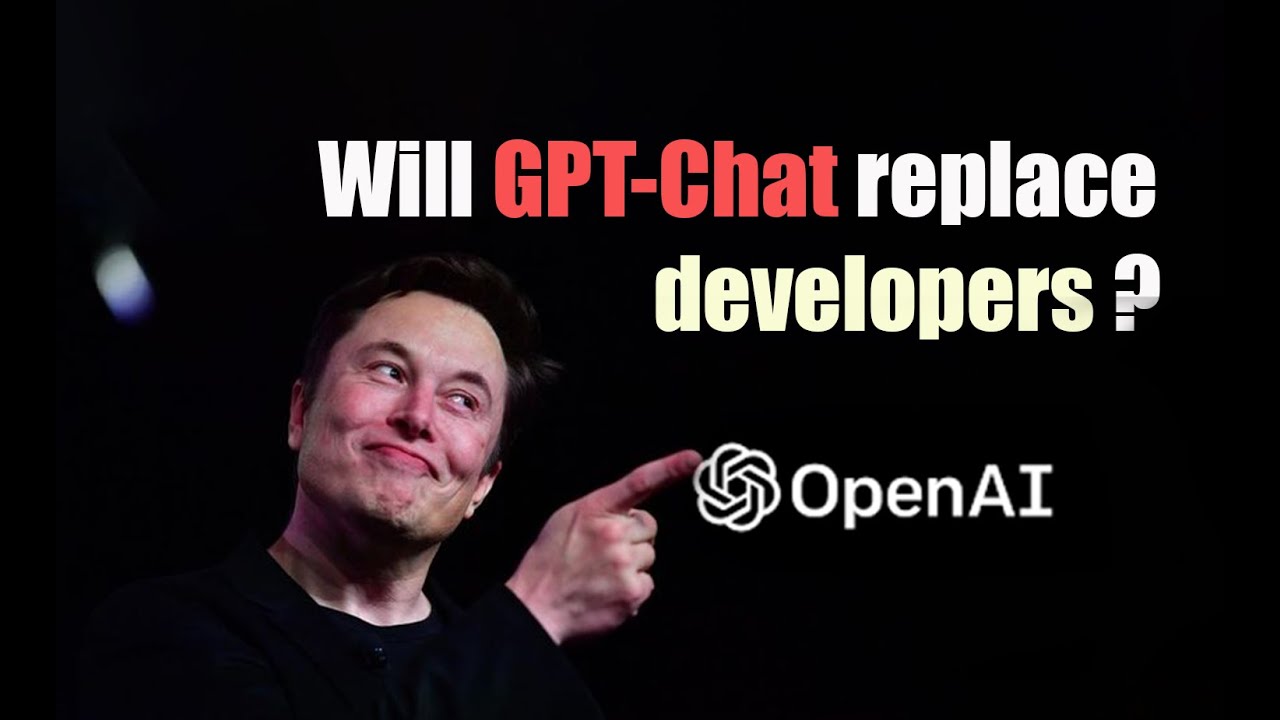Best Explanation Why Chat GPT WILL NOT Replace Developers
Last Updated: November 7th 2024

This was a response to this Reddit thread. For reasons unknown, the answer was later deleted by the author or the moderators.
Luckily I still had a copy of it...
From an anonymous contributor at https://www.reddit.com/r/OpenAI/comments/12akqcm/noncoders_gpt4_no_more_coders/ (links added by Nucamp staff)
Advanced level programmer here. GPT4 does not mean no coders. Not even close. It's a very useful tool but its limitations become very obvious when you are working on more complex, commercial-grade applications.
It's not that it's bad at coding, it's fantastic at coding, but it is just too difficult to get it to understand your specific business requirements and all the nuances and dependencies in your application enough to be able to do any more than help you with a specific function or class.
And even then, I often end up going back and forth with it for quite a while to get it right and oftentimes think that I probably could have done it faster myself.
Other times I spend so much time typing out contextual information that it needs to understand to be able to properly assist me, that by the time I've finished typing it all and collecting all the relevant classes I need to send it and organizing it all into a message, I end up figuring out my problem anyways and don't need its help anymore.
The most common use case for me honestly ends up being having it write really simple utility classes that have minimal dependencies and that I could write in my sleep but that I'm too lazy to do myself when ChatGPT4 could do it in two seconds.
Most of the work that requires thinking though I end up mostly doing myself with occasional help from GPT4.
Yeah, there are a lot of videos out there of non-coders saying they easily made an app with GPT4, but the thing is, non-coders lack the experience and knowledge necessary to be able to accurately assess the scale of their accomplishment. What they call an application I call a simple programming exercise. Most of what I've seen made are things like Pong or a really simple 2D Unity game with one level or a simple calculator or the front end for a simple website. They are all things that a non-coder could easily make in 30 minutes from just following a tutorial online and that aren't complete software solutions or anything close to the scale of actual commercial-grade software. But they don't know that because they lack the experience necessary to even know what "commercial-grade software" consists of. Hint, its far beyond what they're making.
And a lot of times I will see people incorrectly assuming that the time it takes to make an app with GPT4 as a non-coder scales linearly. Thats so far from the truth and is obviously, laughably wrong to anyone who has actually worked on commercial-grade software and tried to get GPT to help with it and experienced the frustration that follows. Making a simple app in 30 minutes with GPT4 doesn't mean they can make an app that is 10 times larger in 300 minutes. It means they can make any app that GPT4 can entirely figure out itself with 0 input from them. But once they start working on an app that requires even 1% work from the programmer, then they won't be able to do it, because without understanding anything about coding, that 1% work is already too much for them to handle.
This is why you won't find anyone saying "I've never coded a day in my life but now with GPT4 I've built a competitor to Final Fantasy and its a smash hit on the Steam store". Trust me, if anything remotely close to that were possible, all of us advanced programmers would have already done it on like day 1 of GPT4s release. Instead, we are all still in approximately the same place we were before it came out, with a slight boost in productivity maybe.
Anyways, that's a lot of typing to basically say, no, this doesn't replace coders. And every actual "coder" rolled their eyes when they saw that title.
Ludo Fourrage
Founder and CEO
Ludovic (Ludo) Fourrage is an education industry veteran, named in 2017 as a Learning Technology Leader by Training Magazine. Before founding Nucamp, Ludo spent 18 years at Microsoft where he led innovation in the learning space. As the Senior Director of Digital Learning at this same company, Ludo led the development of the first of its kind 'YouTube for the Enterprise'. More recently, he delivered one of the most successful Corporate MOOC programs in partnership with top business schools and consulting organizations, i.e. INSEAD, Wharton, London Business School, and Accenture, to name a few. With the belief that the right education for everyone is an achievable goal, Ludo leads the nucamp team in the quest to make quality education accessible


